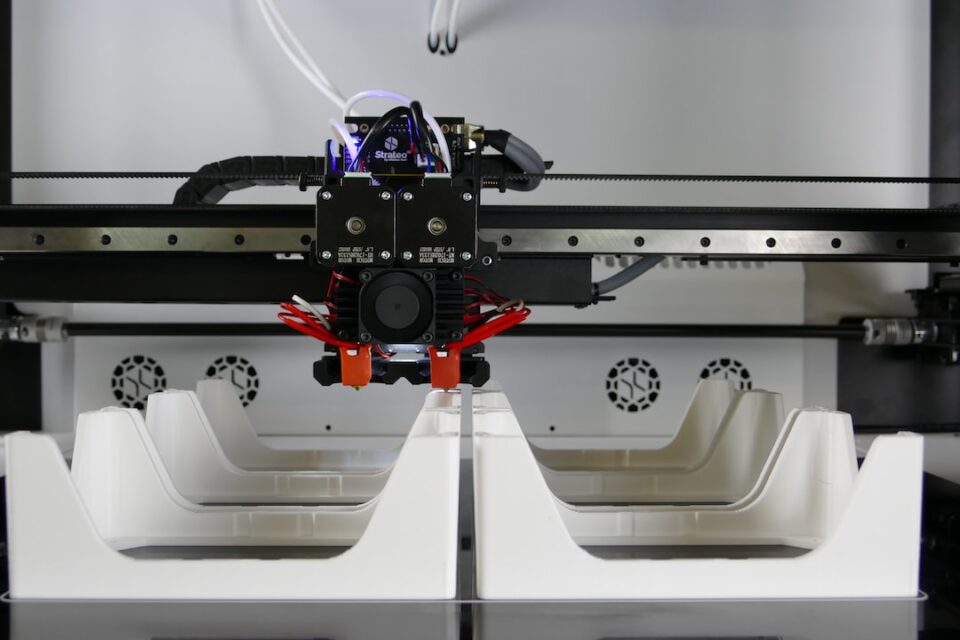Quality control is a vital process in manufacturing that involves ensuring that products adhere to high-quality standards. In today’s global market, consumers are highly discerning about the products they purchase, businesses are under pressure to produce cost-effective, high-quality products. The importance of quality control cannot be overlooked because it helps businesses ensure that they are producing products that meet or exceed customer expectations.
Quality control in manufacturing involves a wide range of activities, from testing raw materials to inspecting finished products. The goal is to ensure that products are consistent in their quality, safe for use, and reliable. Quality control helps prevent defective products from reaching consumers, which can severely harm a business’s reputation and incur financial losses. Therefore, it is essential to implement effective quality control practices.
One significant benefit of quality control is that it can increase consumer trust in a company’s products. If a company can prove that their products meet high-quality standards, consumers are more likely to trust the products and keep purchasing them. A satisfied customer is not only likely to be a repeat customer but will also recommend the products to others. Therefore, quality control can enhance a business’s reputation and increase customer loyalty over the long term.
Moreover, quality control can prevent the possibility of product recalls. Product recalls happen when a defective product is identified, and the company is forced to recall all the products from the market. Product recalls can not only be costly to a business, but it also damages its reputation. Businesses can avoid these costly recalls by implementing effective quality control measures. This ensures that defective products do not make it to the market.
Quality control can also improve a company’s overall efficiency. By preventing defective products from reaching the market, businesses can save time and money on repairs or replacements. Moreover, effective quality control practices can result in reduced wastage. Waste is often due to manufacturing faults, and by ensuring that quality control standards are met, businesses can significantly reduce waste.
Another benefit of quality control is that it can increase employee morale. Employees are more likely to take pride in their work if they know that they are producing high-quality products. By implementing effective quality control measures, businesses can create a culture of quality that motivates employees to maintain high standards. This, in turn, can lead to better team collaboration and improved productivity.
Furthermore, quality control can help businesses comply with local, national and international regulations. In the manufacturing industry, there are generally set guidelines and regulations that govern the production of products. Quality control practices can help businesses meet these legal requirements, prevent legal disputes and reduce the risk of fines or closures.
Quality control is not just essential for businesses; it is also vital for consumers. As consumers, we expect the products we purchase to be safe, reliable, and to meet the highest quality standards. The role of quality control is to prevent substandard products from reaching consumers. This can significantly reduce the risk of injury or damage caused by defective products.
In conclusion, quality control is an essential component of the manufacturing process that cannot be overlooked. It helps businesses ensure that they are producing high-quality products that meet or exceed customer expectations. Effective quality control practices can result in increased customer satisfaction, reduced wastage, and improved team morale. Businesses can also avoid costly product recalls and comply with regulations by implementing effective quality control measures. Therefore, every manufacturing business must prioritize quality control to achieve success in today’s global market.

